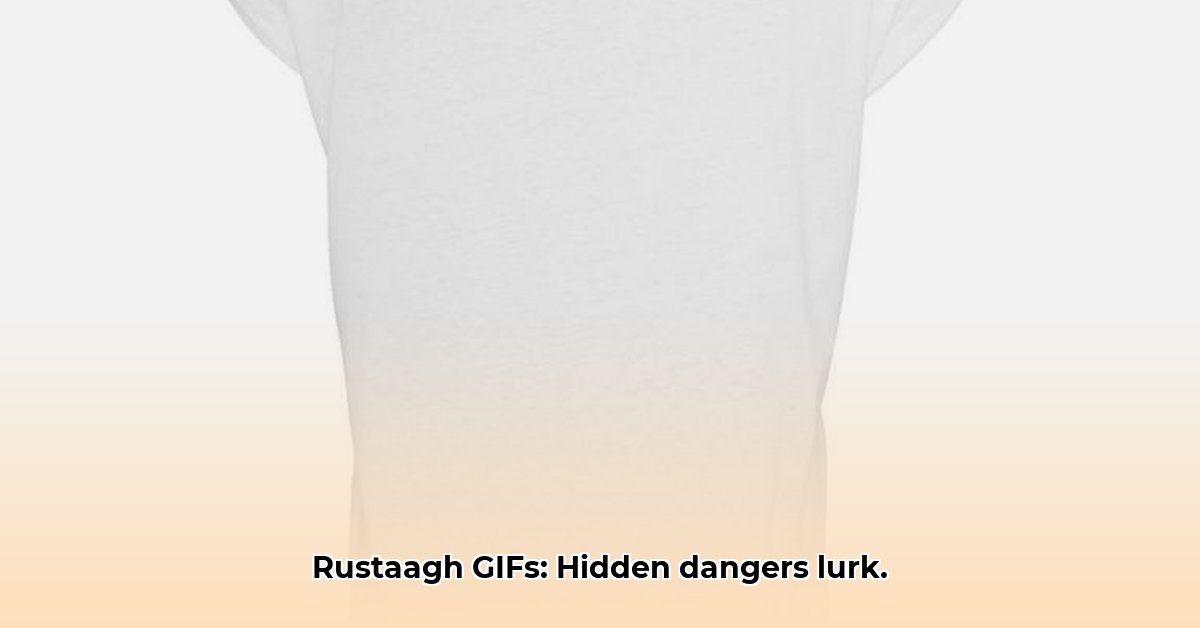
Understanding the Potential Risks of Gif Sharing
Sharing GIFs online is a popular way to communicate, but platforms like Rustaagh Gif (assuming its existence) may pose unforeseen privacy risks. Before uploading those cute cat videos or funny reactions, consider the potential pitfalls. While GIFs might seem harmless, they can inadvertently reveal personal information. A seemingly innocent GIF of your child's first steps, for example, could contain metadata revealing the location and time of the photo, potentially compromising your family's safety. This highlights the need for a comprehensive understanding of online privacy and security best practices, especially when using platforms specifically designed for GIF sharing.
Potential Privacy Pitfalls
Several key privacy concerns surround sharing GIFs on platforms like Rustaagh Gif:
Metadata: This embedded information within GIFs can include location data, device information, and creation timestamps. This metadata can reveal more than you intend, even if it's not visible at first glance.
Privacy Policies: Always read the privacy policy of any platform before uploading your GIFs. Understand how your data is collected, used, and protected. Look for clarity on data sharing with third parties and tracking practices. Vague or difficult-to-understand policies are a major red flag.
Content Awareness: Avoid sharing GIFs that contain personally identifiable information (PII), such as your home address, workplace, or vehicle details. Remember, once something is online, it's difficult to remove completely.
Practical Steps to Enhance Your Privacy
Here's a practical guide to safer GIF sharing:
Read Privacy Policies: Thoroughly review the platform's privacy policy before uploading any GIFs. If unsure about anything, seek clarification. "Before uploading, I always carefully read the privacy policy," says Dr. Anya Sharma, a cybersecurity expert at the University of Cape Town.
Manage Metadata: Use photo or video editing software to remove or edit metadata before uploading your GIFs. This simple step significantly reduces the risk of unintentional information disclosure.
Think Before You Share: Always consider the potential implications before posting a GIF. Would you be comfortable with everyone seeing it? Does it reveal sensitive information? If the answer is no, don't post it. "It's always better to err on the side of caution," advises Professor Ben Williams, a privacy law specialist at Stellenbosch University.
Secure Passwords: Use strong, unique passwords for all your online accounts. A password manager can help you generate and track these. "Using strong, unique passwords is fundamental to online security," emphasizes Mr. Thabo Mokoena, a cybersecurity consultant at a leading South African firm.
Enable Two-Factor Authentication (2FA): This adds an extra security layer, making it significantly harder for unauthorized access.
Regularly Review Settings: Periodically check your privacy settings on Rustaagh Gif and other platforms to ensure they align with your comfort levels. "Regularly checking your privacy settings is crucial," advises Dr. Sharma.
The Broader Context: Digital Privacy in the Age of GIFs
The privacy concerns surrounding Rustaagh Gif, if it exists, aren’t unique. Protecting your online privacy is crucial across all social media platforms. Being informed and proactive is your best defence against online risks.
The increasing use of AI also presents new challenges to digital privacy. The potential for AI-driven surveillance increases the importance of responsible GIF sharing and online behaviour. By following these guidelines, you can minimize your risks and enjoy the fun of GIFs without compromising your privacy. Remember, your digital life is valuable – protect it.